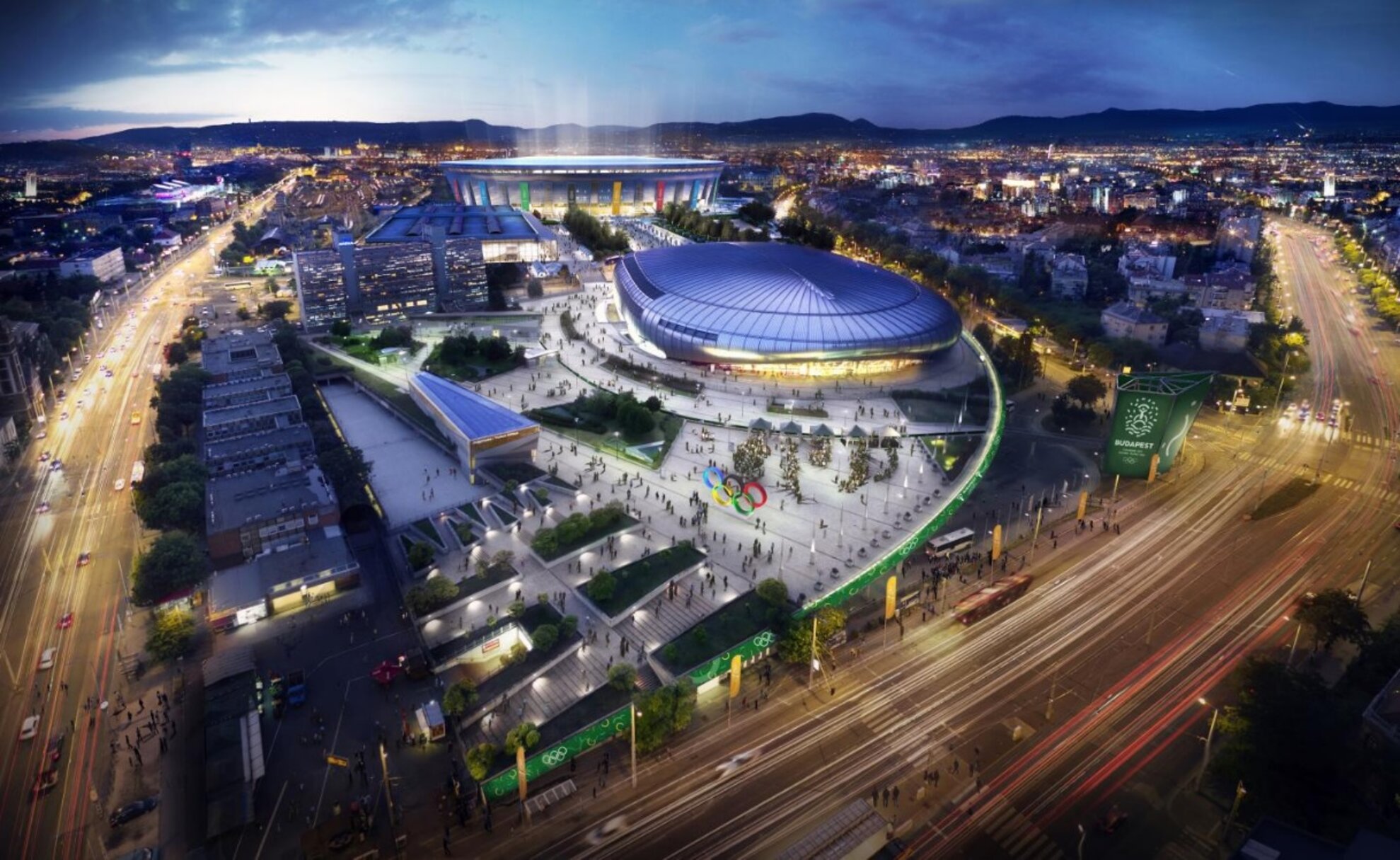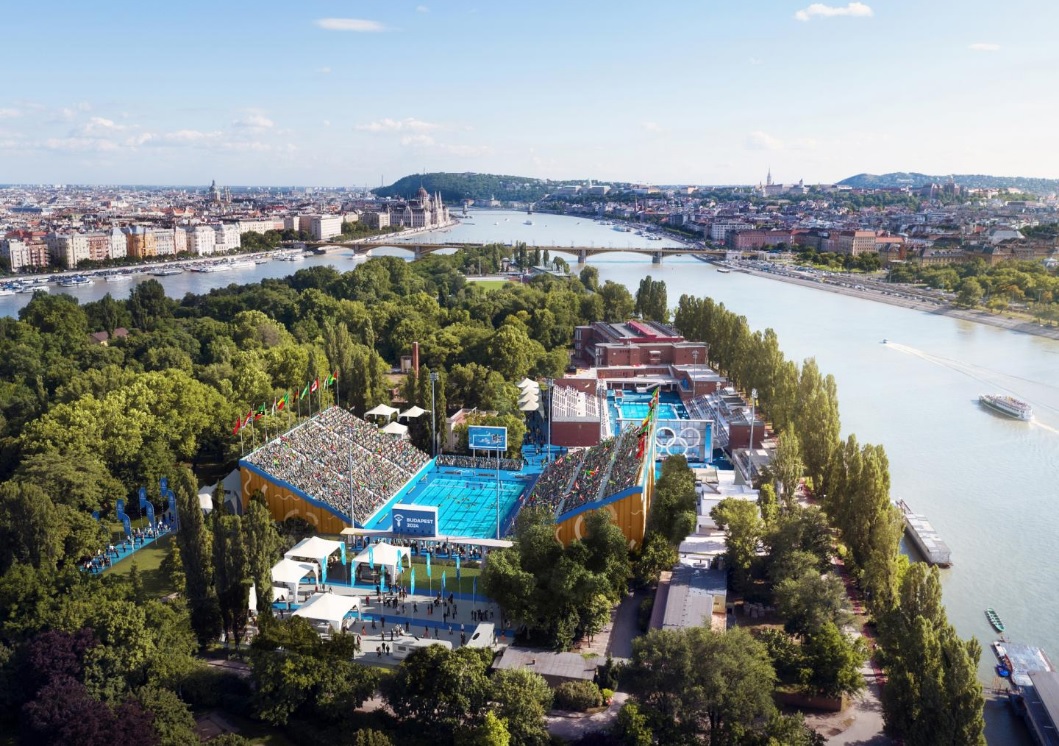Officials say that thanks to the renovation plans, even if Hungary doesn’t win the right to host the 2024 Summer Games, local residents still win anyway with the introduction of these world-class facilities – even though many Budapest citizens think that the city is not suitable for such a grandiose event, and that the taxpayer money spent on the Olympic facilities could be put to better purposes. However, if Hungary does win the bid, it receives a certain amount of funds transferred from the International Olympic Committee to support the organization of the Olympics.

What’s really expensive is the improvement of the infrastructure, as new bridges, roads, and tram lines would have to be built; however, these investments are nonetheless necessary, and the organization of the 2024 Olympics would just accelerate the developments. Budapest would need to dig deep into the public coffers, but at least the city would be richer with a bridge, new roads, and tram lines even after the Summer Games are over.

Hungary could learn a lot from the mistakes of previous hosts. Briefly, the problem in Athens was that they changed the design team along the way, and they started the execution of the final design plans after several years of ‘celebrations’. They ended up failing to find clever solutions, and because they had to act in a hurry, the costs rose considerably. Beijing spent significantly more than necessary, but London already showed signs of including the ideas of sustainability and recycling in the project plans.

In recent years, the International Olympics Committee introduced radical changes, and launched the Agenda2020 program, which requires Olympic Games to be siginificantly cheaper, smaller, and smarter than in previous years. For this reason, the Budapest team designed the project plans accordingly, without any unnecessary investments, thinking through the subsequent utilization and sustainability of all necessary buildings. Athletes and coaches would travel on the quickest and most cost-effective way: on the Danube. Another such ‘smart’ element is that the accommodation of athletes and visitors would later be used as dormitories that are highly needed in Hungary’s capital, due to the ever-rising prices of apartments.

The tournaments would be held at the city’s most imposing sites; this would add a truly unique atmosphere to the games, which viewers would experience whether they watch them live or on TV.

For instance, the finish line of the marathon race would be at Heroes’ Square, the archery contest would be held in front of the picturesque Parliament building, and the beach volleyball competition would take place by Vajdahunyad Castle.

The International Olympics Committee will announce the winner next year, in the Peruvian capital of Lima.




